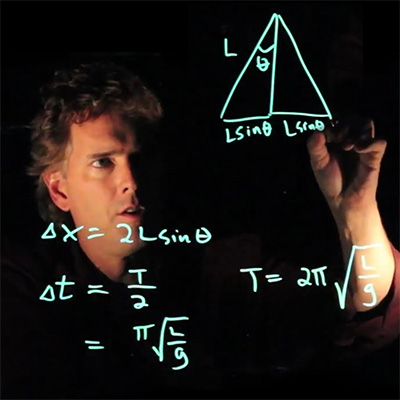The Department of Physics at San Diego State University offers a dynamic undergraduate program that immerses students in the fundamental principles of physics. Our curriculum is designed to provide a deep understanding of a wide range of topics, including classical mechanics, electromagnetism, thermodynamics, and quantum mechanics. Students engage in rigorous coursework that emphasizes both theoretical concepts and practical applications.
In addition to classroom learning, the program offers extensive hands-on laboratory experiences, where students can conduct experiments and explore physical phenomena firsthand. Faculty members are committed to fostering a collaborative learning environment, providing mentorship and guidance as students navigate their academic journey. Research opportunities are available in various areas, including condensed matter physics, computational physics, and experimental optics, allowing students to contribute to cutting-edge discoveries.
The program not only prepares students for advanced studies in physics and related fields but also equips them with critical thinking and analytical skills essential for careers in industry, education, and technology. With a vibrant academic community and state-of-the-art facilities, SDSU’s Department of Physics is dedicated to nurturing the next generation of scientists and innovators.
B.A. in Physics

The B.A. in Physics offers a flexible program that requires 24 upper-division units in physics, mathematics, and other STEM courses. Designed for students not primarily interested in research, this degree provides a solid foundation in fundamental physics concepts.
Students can combine the B.A. with a minor in areas such as computer science, data science, engineering, business, Spanish, linguistics, or pre-law and pre-medical coursework. This program prepares graduates for careers in software development, data analytics, management information systems, technical document translation, or text analytics.
The Physics B.A. degree satisfies the subject matter competency requirements for high school physics teaching. The recommended pathway includes coursework in physics as well as in integrative science education.
B.S. in Physics

The B.S. in Physics is a comprehensive program designed to provide a deep understanding of fundamental physical principles through 46 upper-division units in mathematics and physics. Students benefit from personalized research mentoring by experienced faculty in physics and other STEM disciplines. The curriculum includes an array of electives, allowing students to tailor their education and complete a thesis.
Research opportunities span various fields, including optics, quantum materials, condensed matter, medical physics, nuclear physics, and astrophysics. This program prepares graduates for advanced study, positions in industrial laboratories, management roles, software development, research, and teaching careers in higher education.
B.S. in Physics, Modern Optics

The B.S. in Modern Optics provides students with a comprehensive education in the principles and applications of optics, focusing on the behavior and manipulation of light in various technologies. This program requires 45 upper-division units in physics, mathematics, and engineering.
Students engage in multidisciplinary studies, allowing them to explore areas such as photonics, laser technology, and optical engineering. The curriculum is designed to prepare graduates for careers in optics-related fields, as well as for advanced study in graduate programs. With the increasing demand for professionals in optics, this degree equips students with the skills necessary for success in a variety of industries.
Curricula:
Catalog: B.S. in Physics, Modern Optics
Roadmap: B.S. Modern Optics
Minor in Physics

The minor is designed to complement various fields of study, providing valuable analytical and problem-solving skills applicable in engineering, computer science, and chemistry. Students who complete this minor will gain a solid foundation in physics, preparing them for a range of career opportunities and advanced studies in related fields.
This program is designed for students who have finished the lower division calculus and calculus-based physics sequences. In addition to Phys197 and 197L, it requires the completion of 11 units of upper-division physics and mathematics coursework.
Curricula:
Catalog: Minor in Physics

